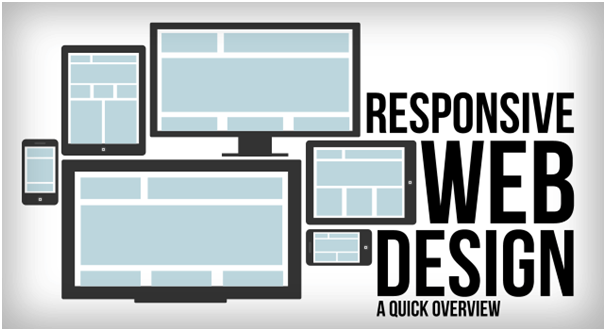The shake-up caused by search engines rolling out algorithms which determine whether a site is mobile friendly or not, and take ranking action accordingly, has been significant. And Bournemouth web design firms have been called upon to help businesses adapt in the aftermath.

Not only is Google leading the charge in this area, but it is also staying on top of emerging trends and trying to fight back against practices which it sees as detrimental to the experience of mobile users. This includes the recent introduction of penalties for sites which cover the display of mobile devices with an ad recommending that visitors download a dedicated app.
This means that even if sites do embrace a responsive approach to web design, they may not be entirely protected from the wrath of Google and its contemporaries.
As such getting in touch with Bournemouth web designers Expect Best and staying up to date with developments is essential.
But when it comes to web design, is the responsive approach the one that matters, or should businesses broaden their horizons?
Adapting to Survive
One potential alternative to responsive design is adaptive design; a concept which is not new, but has been pushed to one side in the recent race towards mobile-friendliness.
With responsive design, most of the heavy lifting is done by the device which is being used to view the site. Interface element must be elastic and easily scalable to suit mobile screens and desktop browsers alike, but crucially this work is handled locally.
With adaptive design, it is the server hosting the site which takes action instead. When it detects the type of device which a user is harnessing to access it, an adaptive site can serve the visitor with a particular layout which is optimised for this specific gadget.
This approach can allow for quicker page load speeds and a smoother experience, especially for mobile users whose browser and connection might both be less capable of dealing with especially strenuous tasks.
Responsive Revolution
The downside of adaptive design is that it requires an iterative approach to site creation and means that multiple instances of pages must be developed for different individual smartphones, tablets and desktop displays.
With responsive design, a site can fill any mobile mould, making it a better all-purpose solution for companies on a budget.



